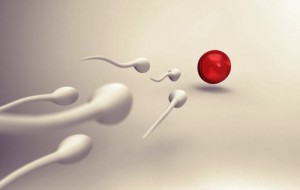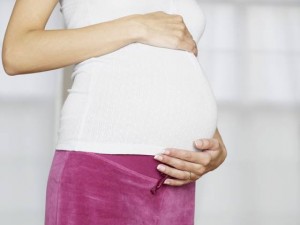 New research has given fresh hope to couples diagnosed with ‘unexplained infertility’.
New research has given fresh hope to couples diagnosed with ‘unexplained infertility’.
A study of 239 couples with unexplained fertility found high sperm DNA damage in 80 per cent of the couples trying to conceive.
Currently, some 50,000 couples require fertility treatment in the UK every year, but up to one third of these are diagnosed with unexplained or idiopathic infertility, as tests are unable to find a cause for the problem.
The researchers from Queen’s University Belfast said the discovery will lead to better treatment for couples, saving them time, money and heartache.
Professor Sheena Lewis from the School of Medicine, Dentistry and Biomedical Sciences said: “For almost one third of couples, until now, there has been no obvious cause for infertility and these couples are given the diagnosis of ‘unexplained fertility’.
“These couples often invest a lot of time and money in fertility treatments like intrauterine insemination (IUI) unlikely to be successful. Read full article.
 Endometriosis occurs when bits of the uterus lining grow outside the uterus, at most extremes causing infertility, striking more than half a million women today. However according to ActionNewsJax.com, one man, Dr. Samuel Brown of Jacksonville Florida, made it his mission to find new ways to help his patients overcome this disease.
Endometriosis occurs when bits of the uterus lining grow outside the uterus, at most extremes causing infertility, striking more than half a million women today. However according to ActionNewsJax.com, one man, Dr. Samuel Brown of Jacksonville Florida, made it his mission to find new ways to help his patients overcome this disease.
